
Speak Wisely
Often it’s words and the accompanying tone that actually do the most damage. Your ability to speak wisely can prevent lasting emotional pain.

Often it’s words and the accompanying tone that actually do the most damage. Your ability to speak wisely can prevent lasting emotional pain.
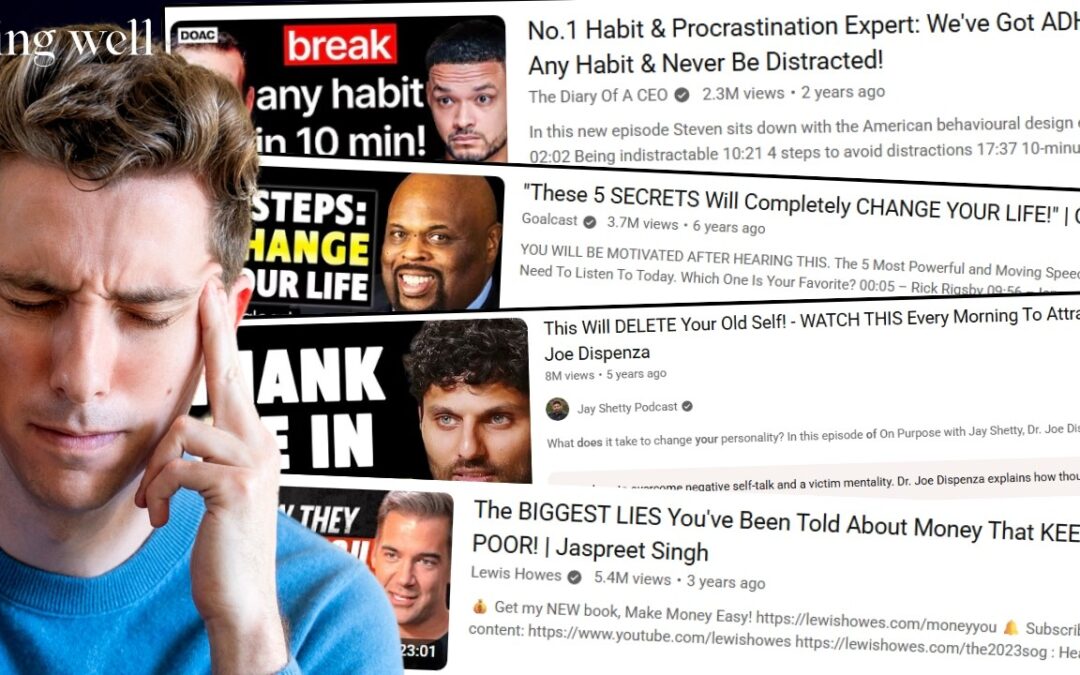
Forrest and Dr. Rick explore how well-intentioned self-help advice can drift away from science under the incentives of the attention economy, where overclaiming, alarmist framing, and “this one simple trick” outperforms nuance.
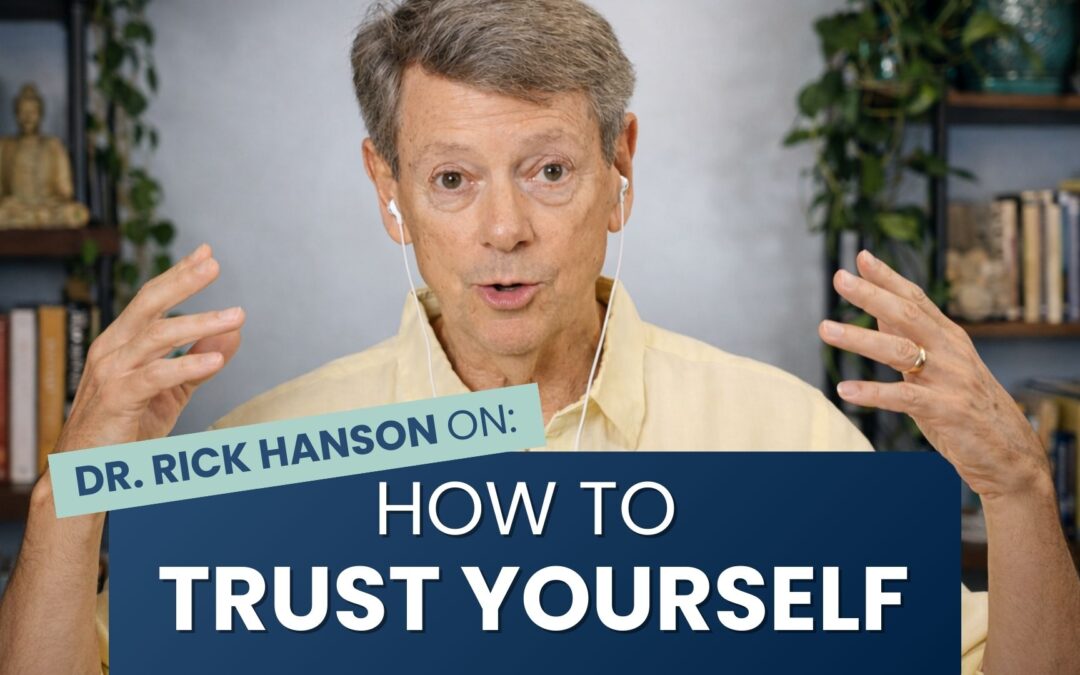
Learn how to rebuild self-trust, stop shrinking your life, and stay grounded when triggered. Also do a meditation on mindful breathing.
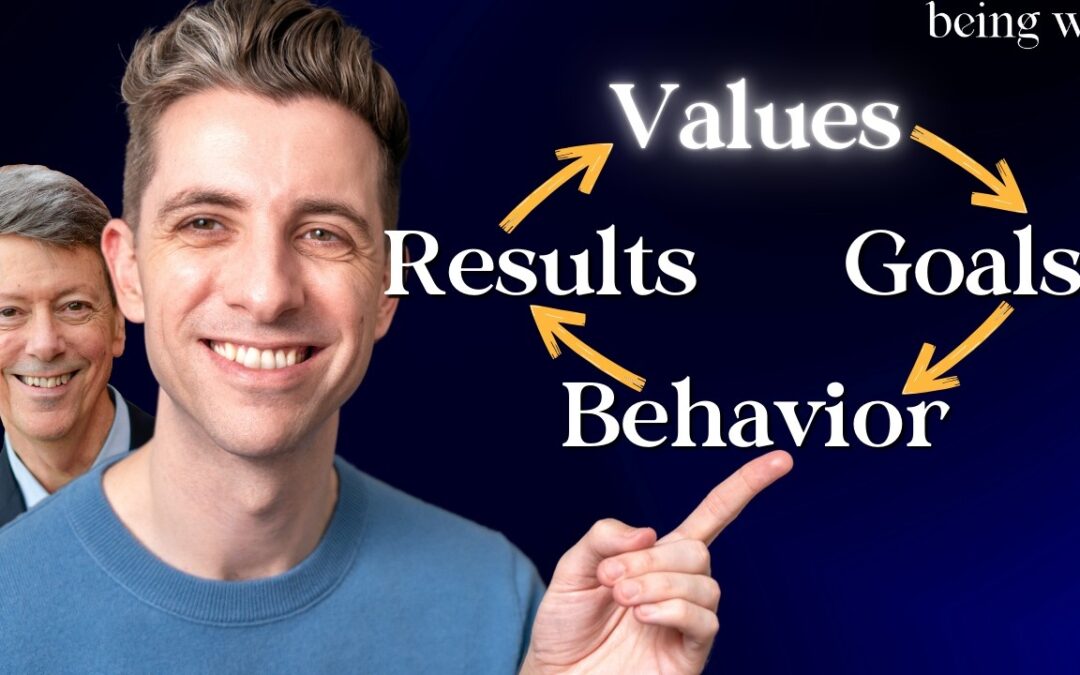
Dr. Rick and Forrest explore how we can put our key values into action in 2026.
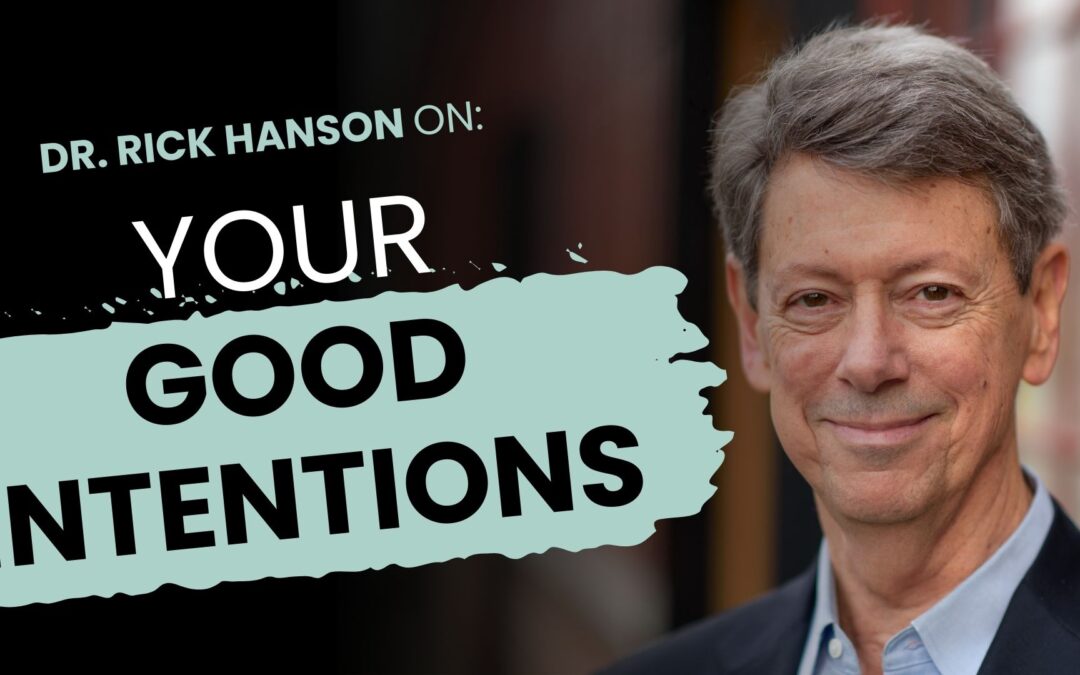
When the world feels morally confusing—or you’re hard on yourself for not being perfect—this talk explores how to reconnect with your good intentions, clarify your values, and live from the deeper goodness already moving through you.

In the body or the mind, there is no life without goals. Trying to “transcend” goals is itself a goal. The only question is: Are your goals good ones?
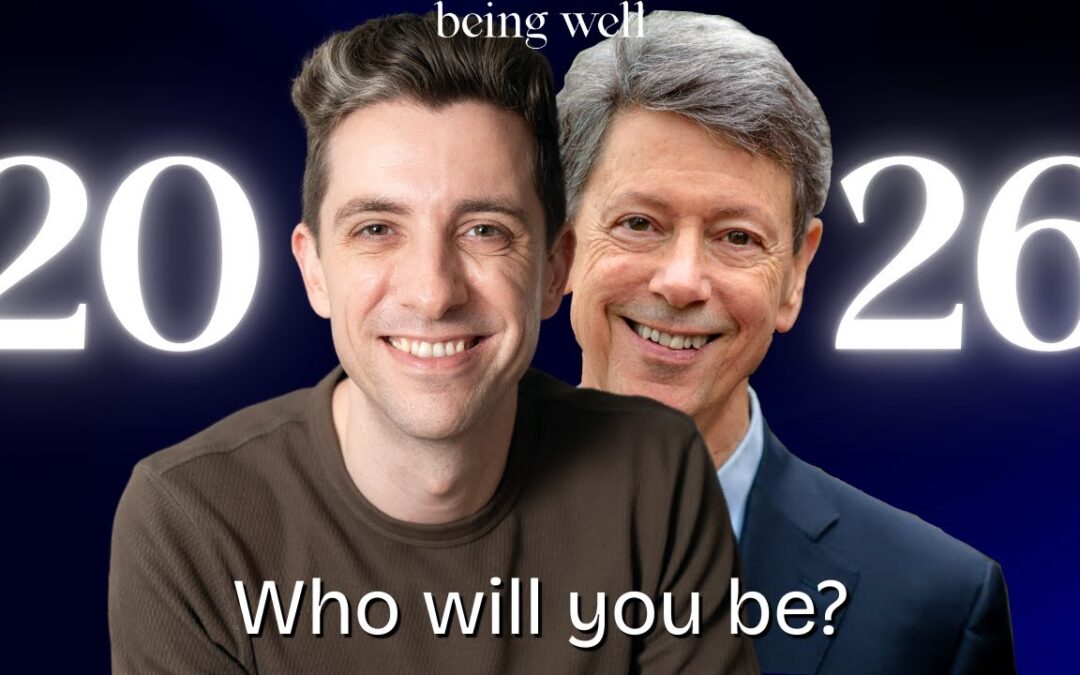
Dr. Rick and Forrest make the case that most resolutions fail because they focus on the wrong things: outcomes and behaviors rather than key values.

When deeper wants are recognized one feels seen and less likely to be reactive. See deep wants is understanding what someone may want and giving them an alternative offering which may reduce negative emotion and increased cooperation.
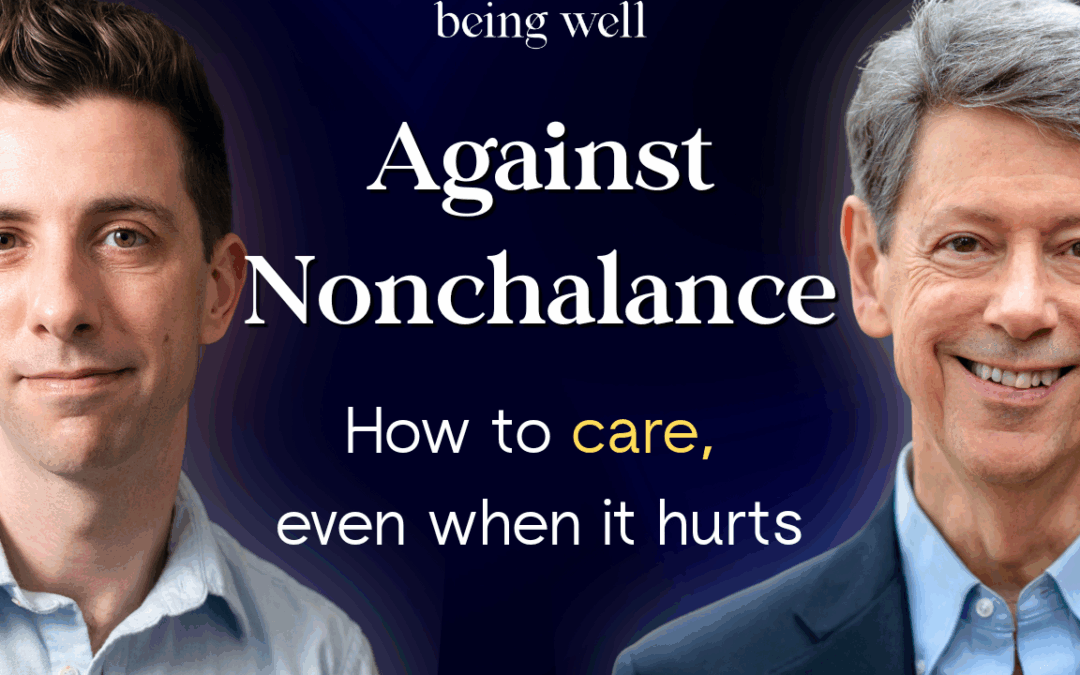
Forrest and Dr. Rick close 2025 by making the case for healthy caring: choosing objects of care wisely, prioritizing process over outcome, and cultivating equanimity without slipping into nonchalance.

Life is full of tradeoffs between benefits and costs. Sometimes the rewards of going for a run, getting fresh air, and improving health may be worth the cost of losing half an hour of work time while gaining a pair of achy legs.

Grief is normal — but we can get stuck in it. Learn how to release rumination, hold loss in love, and give yourself permission to move forward.
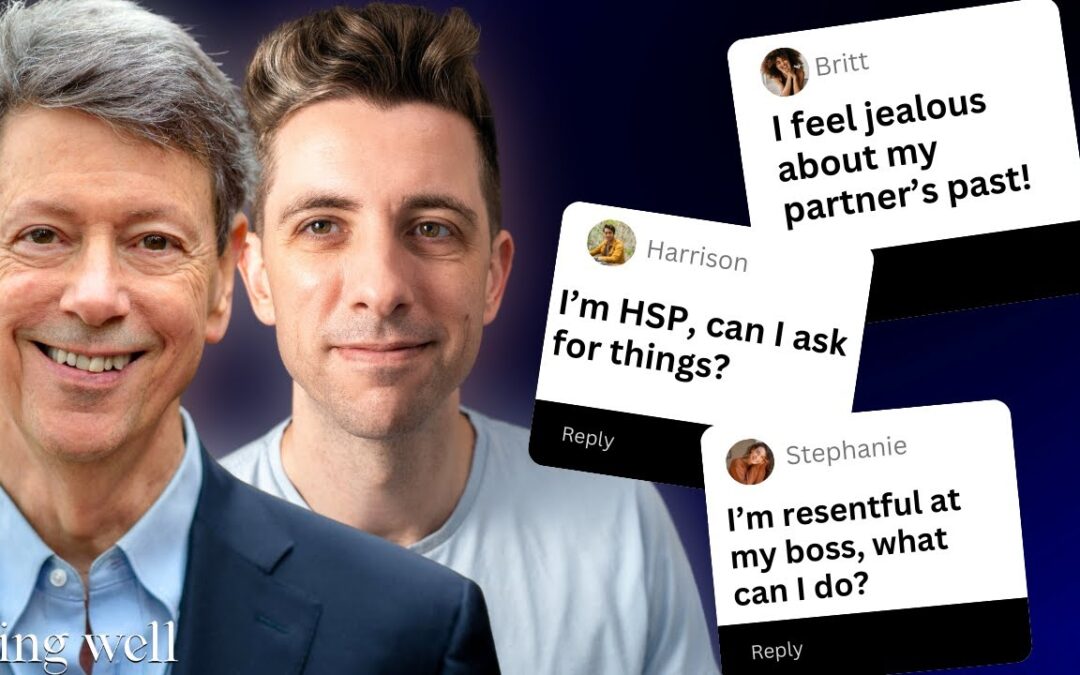
Dr. Rick and Forrest open up the mailbag to answer listener questions about resentment, highly sensitive people, situationships, and expanding the window of tolerance.
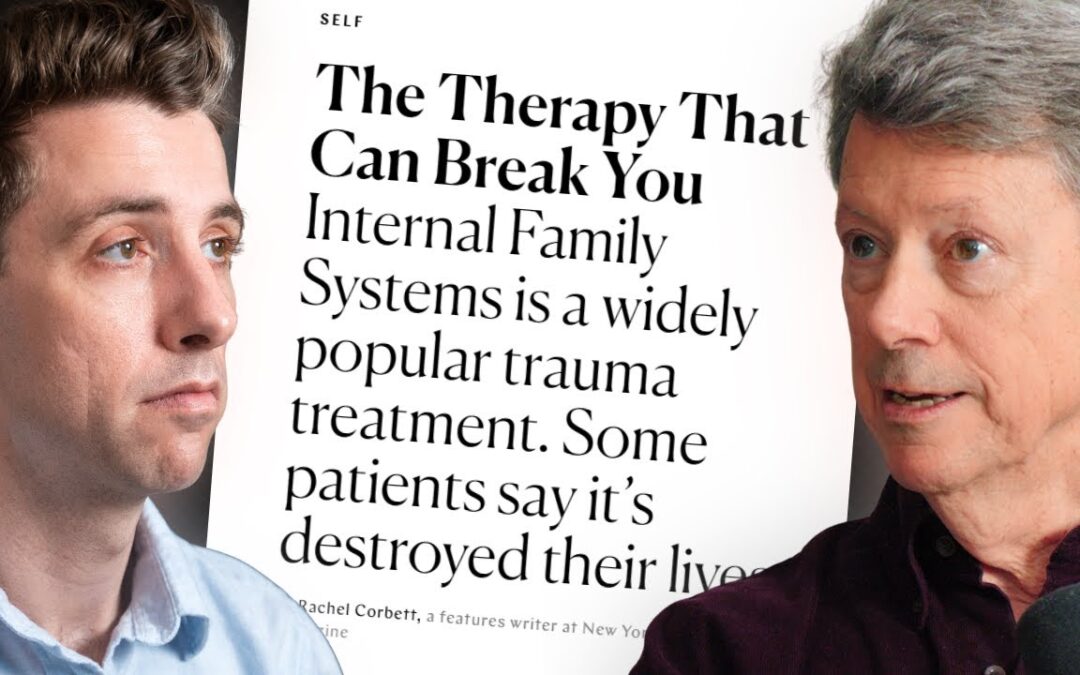
Dr. Rick and Forrest explore one of the major topics in psychology today: how to understand evidence-based care, “that IFS article,” and the tension between mainstream and alternative approaches.
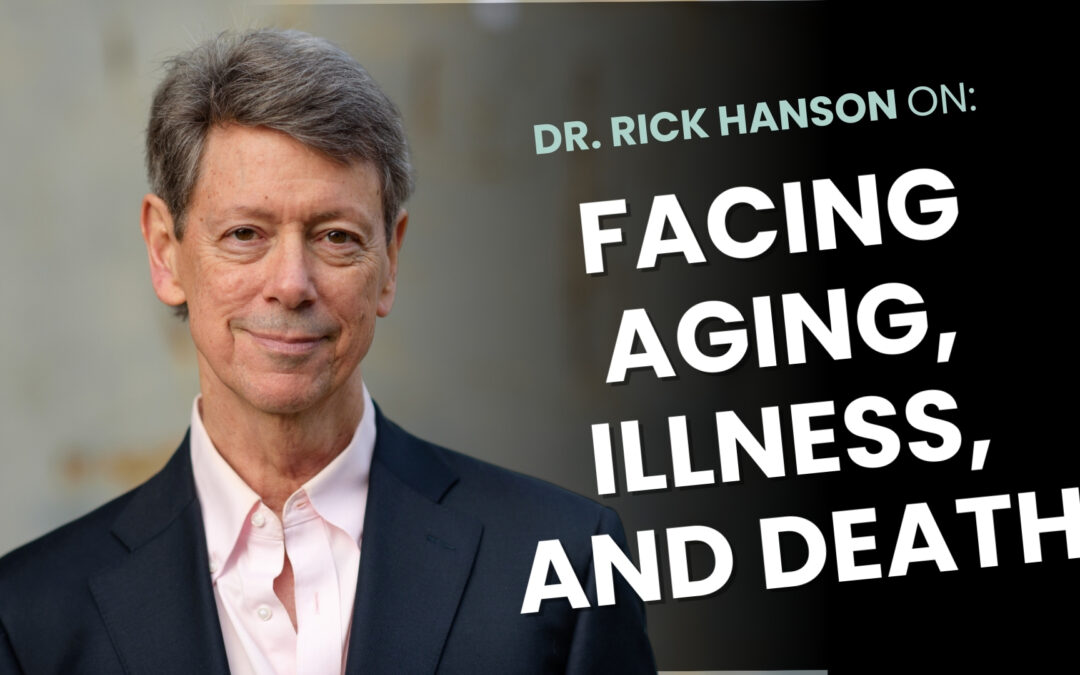
Aging, illness, and loss are inevitable. Learn how compassion and wisdom help you rest in what doesn’t change.

Are you holding onto at least one thing that’s way past its expiration date? Self-critical thoughts, obsessions, defensive about your issues, or drinking too much. These things are relatively straightforward to deal with, even though it could be difficult.